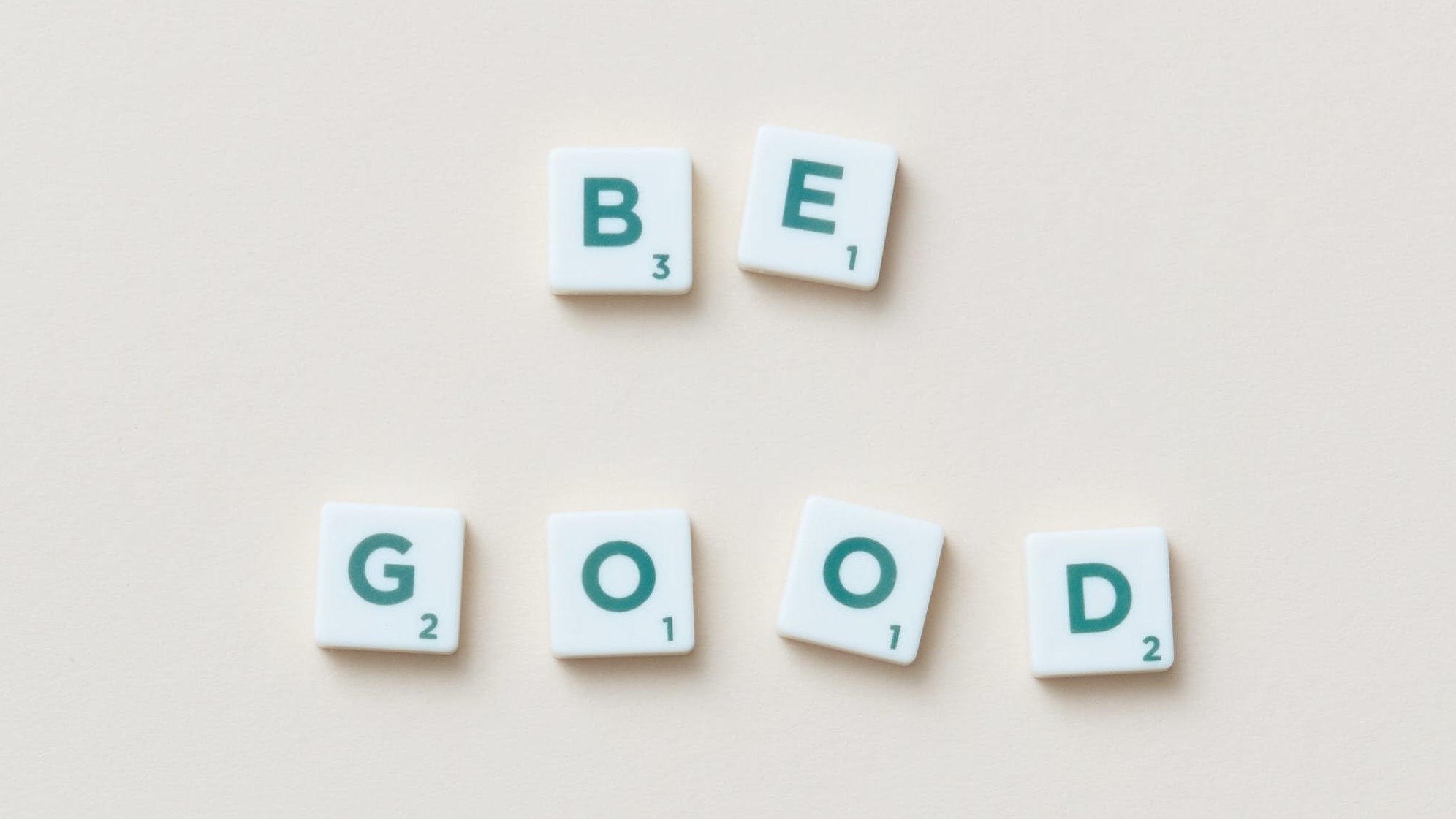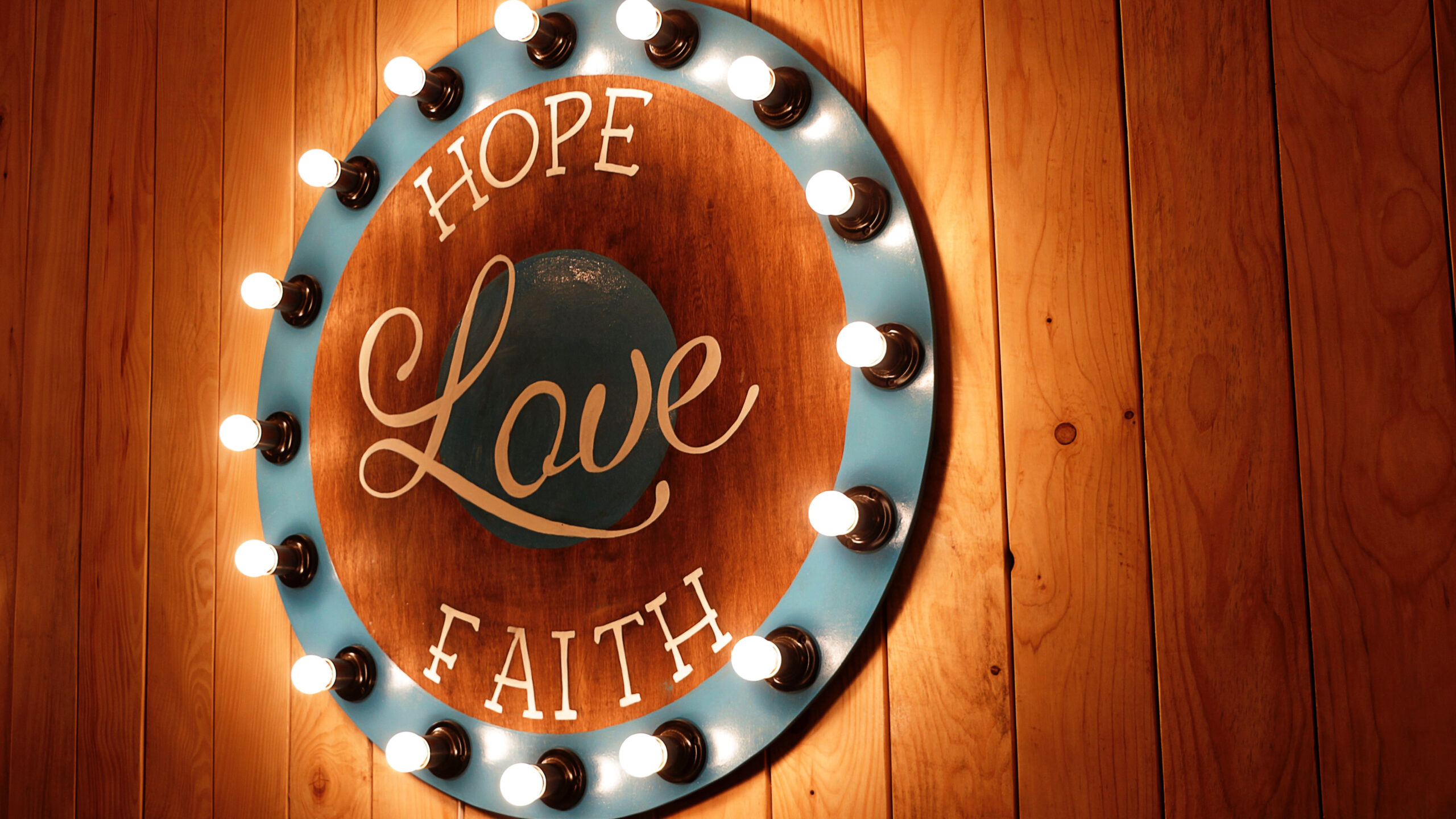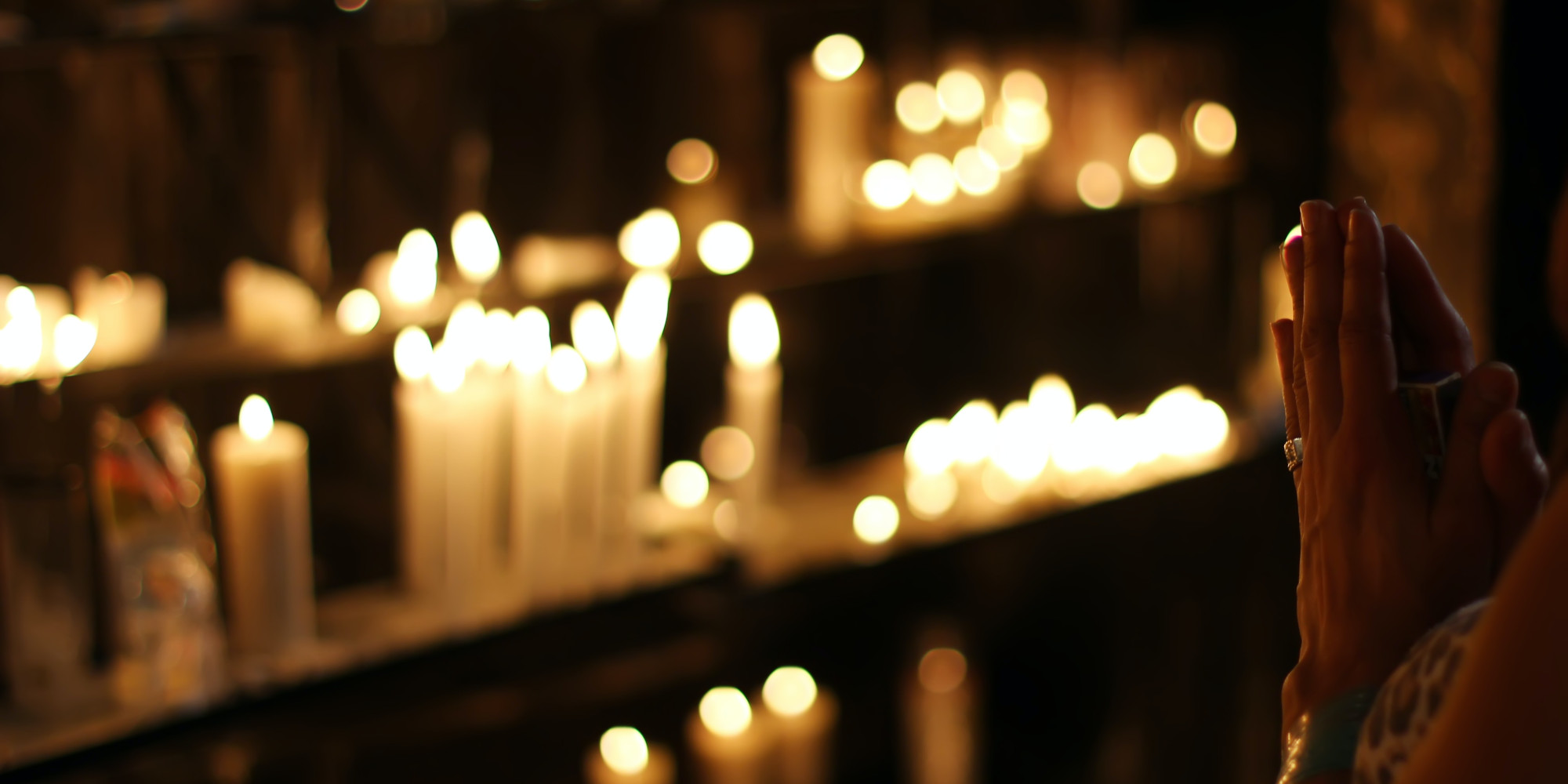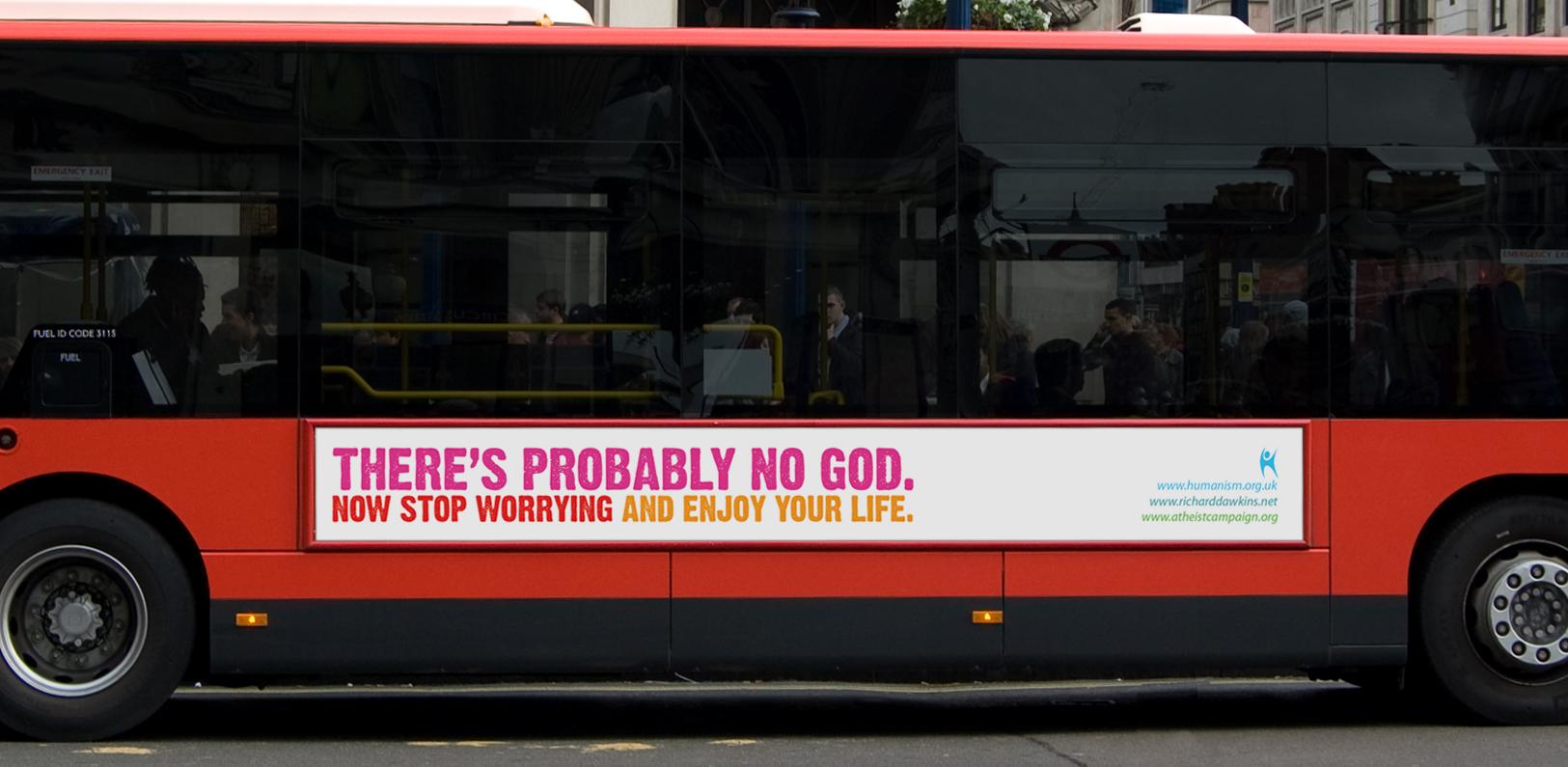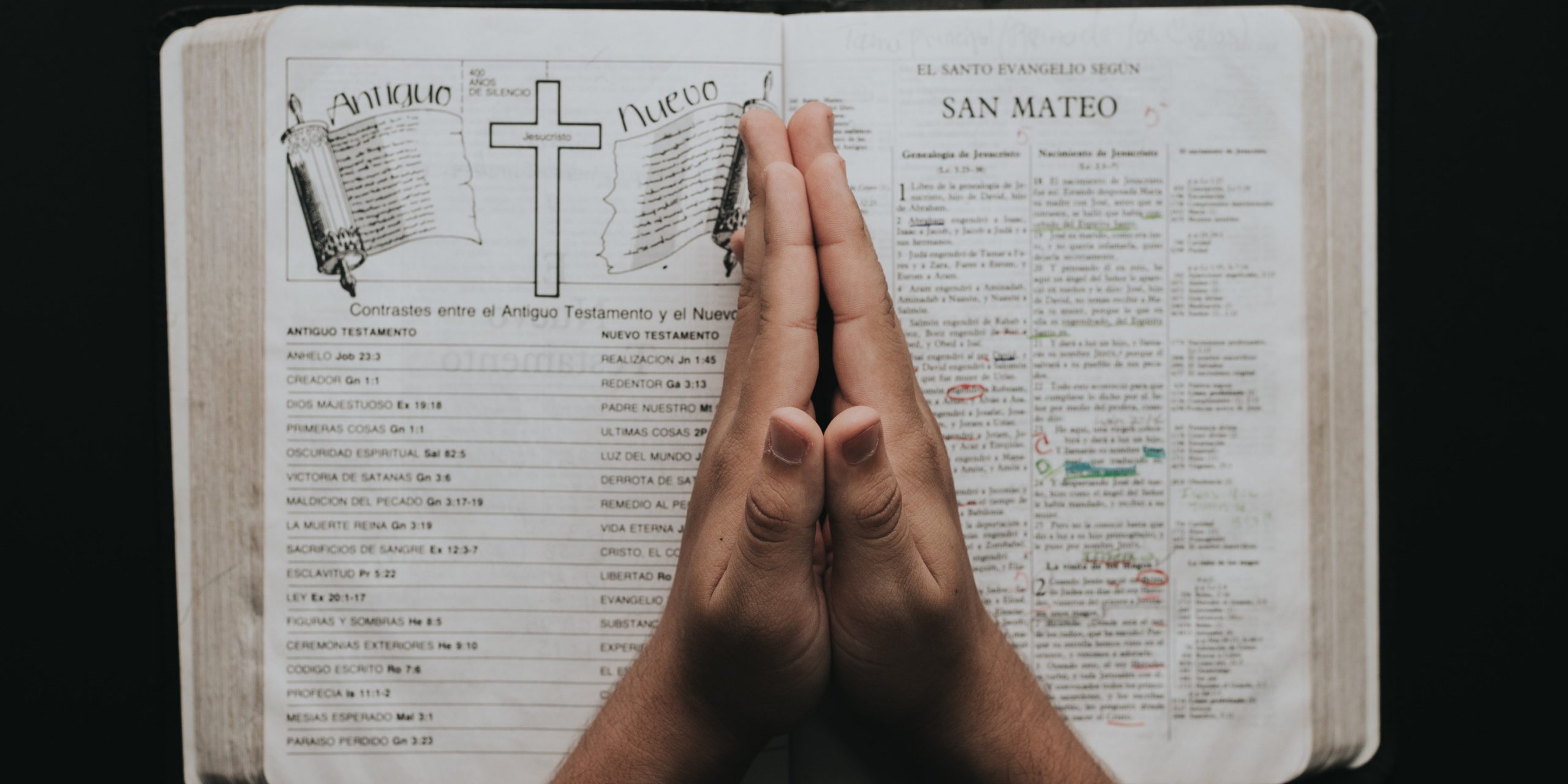Today, someone posed an interesting question in r/DebateAnAtheist on Reddit: As an atheist, how can one be morally good? And why be morally good?
Here is my answer, edited and drawn out a bit. (Check out the original thread for many more good responses—there are many voices of sensibility to be found there.)
Short answer: Evolution.
Long answer…
Continue reading “How and why should atheists be morally good?”
